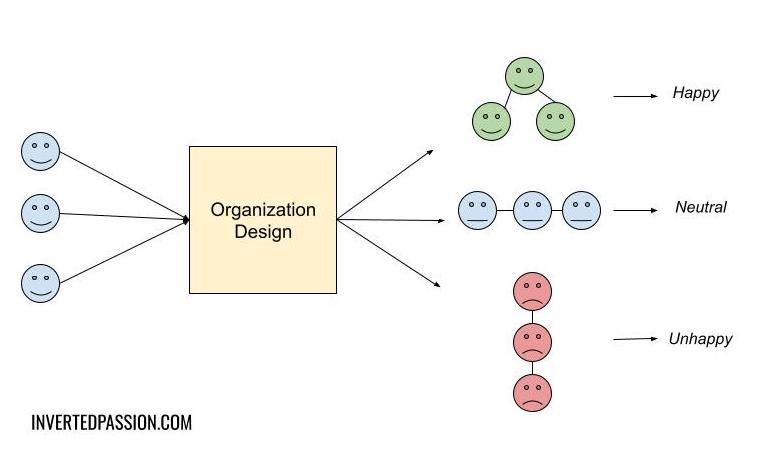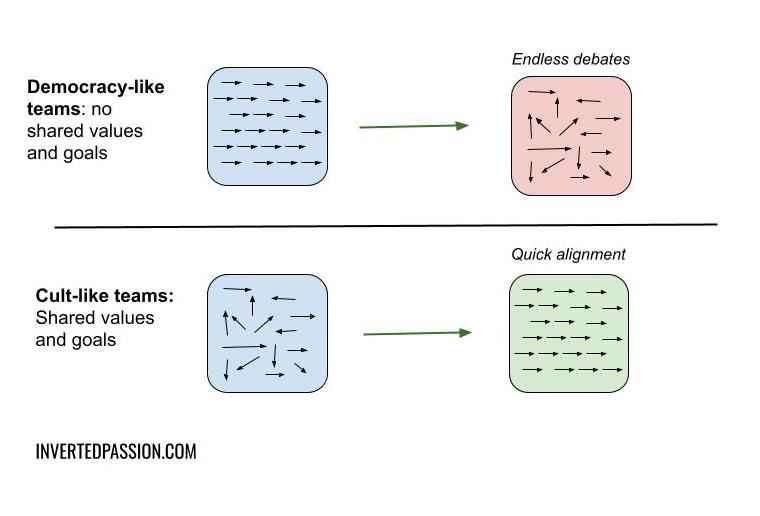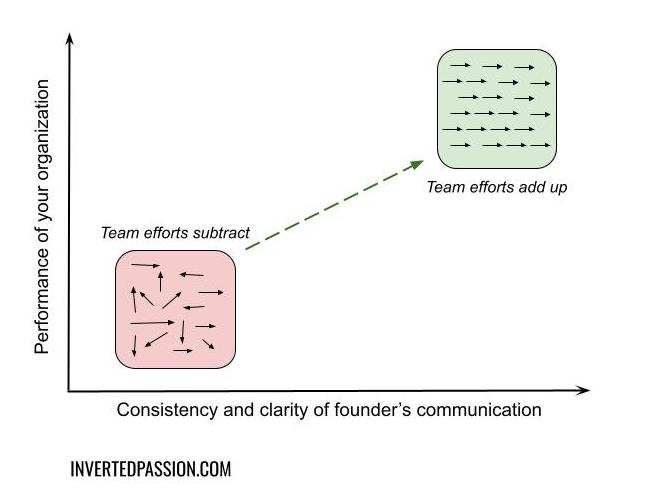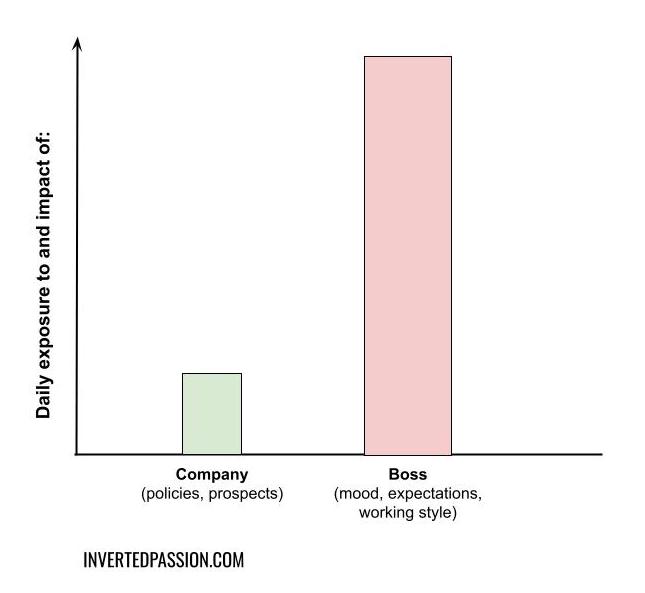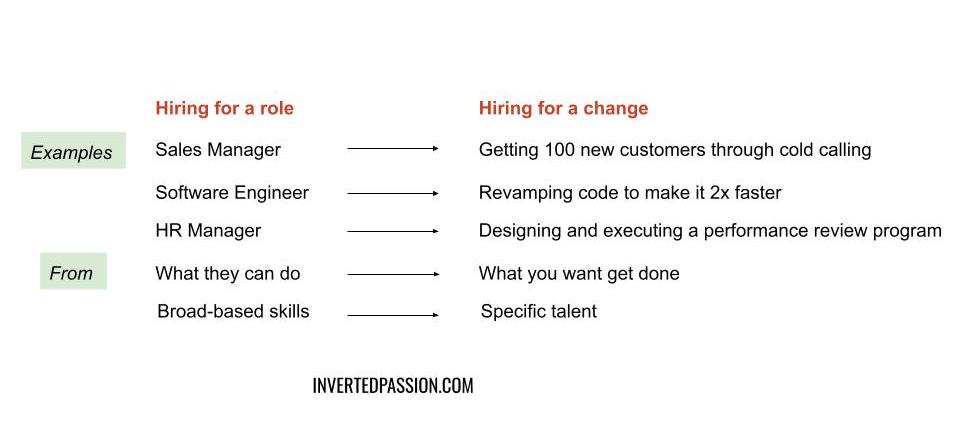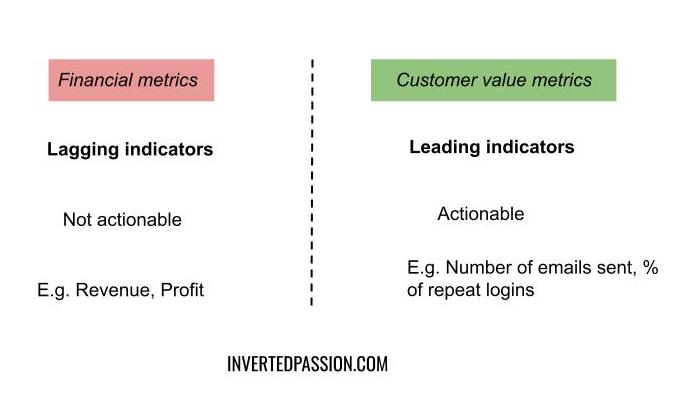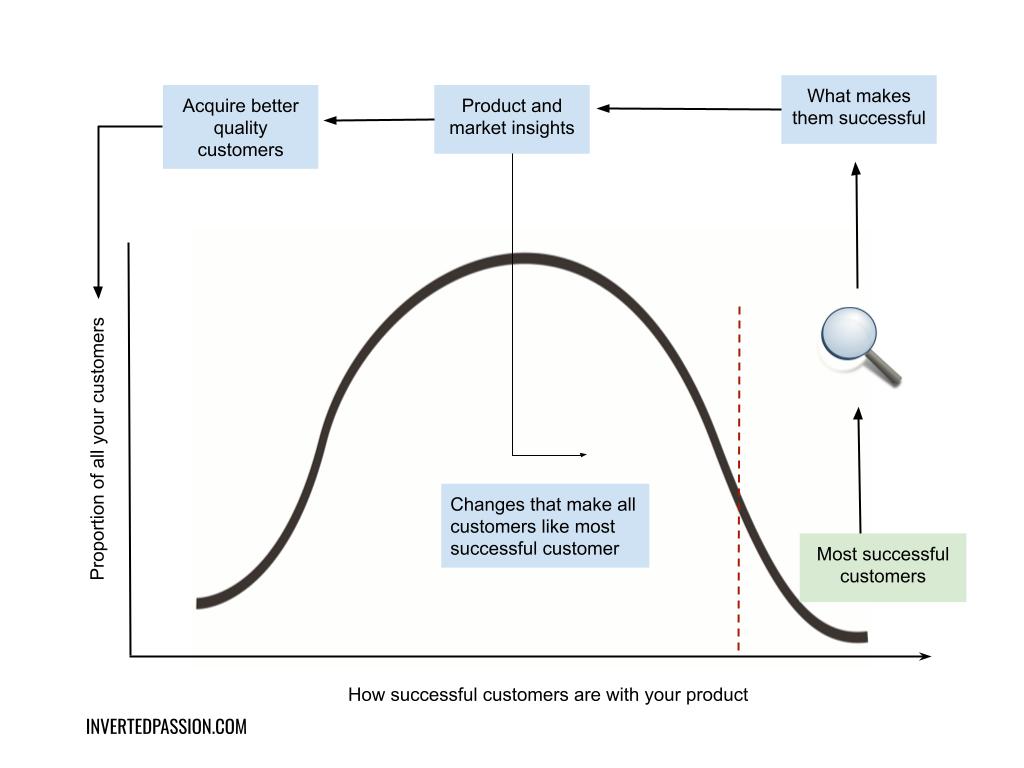Just finished the book that’s often called a deeper, and a more philosophical version of the popular book Deep Work by Cal Newport.
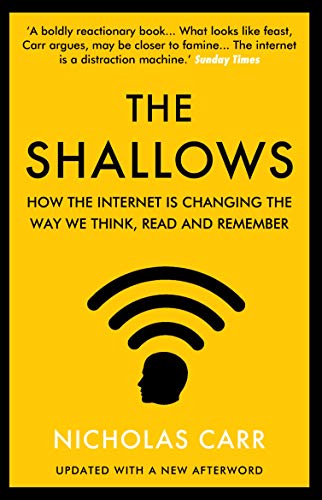
The Shallows by Nicholas Carr explores what the Internet is doing to our brains. Even though the book was written in 2010, it’s eerily accurate about what most of us have come to feel about the effects of the Internet and social media.
The most significant point the book drives home is that while the Internet makes us feel smarter, it is actually making us dumber. This apparent paradox is resolved when you get to the neuroscience of how our brain processes information. ...
